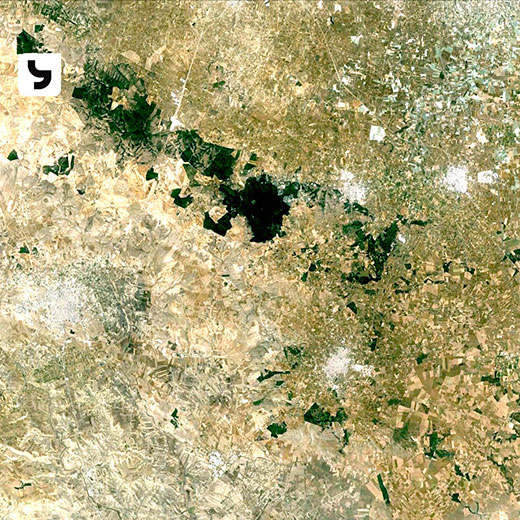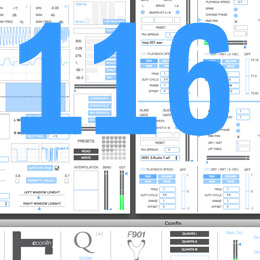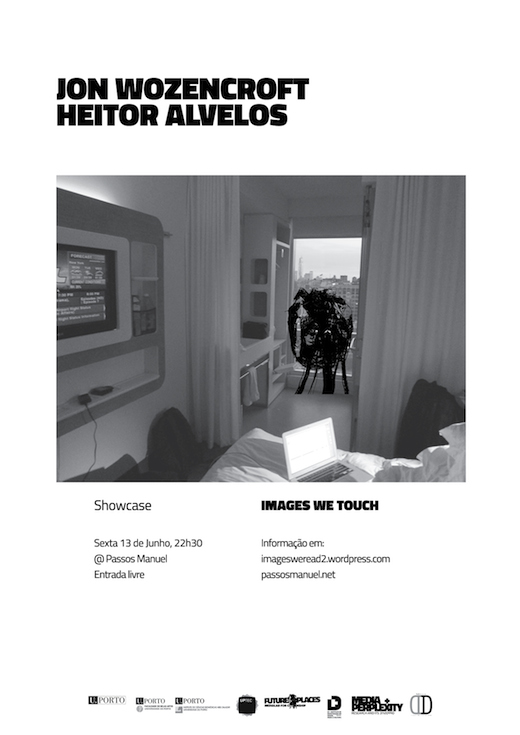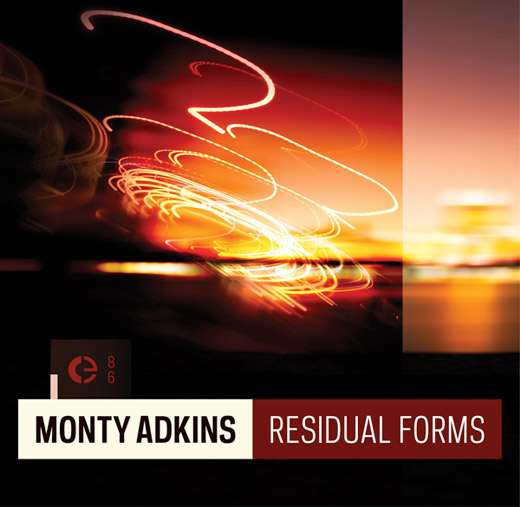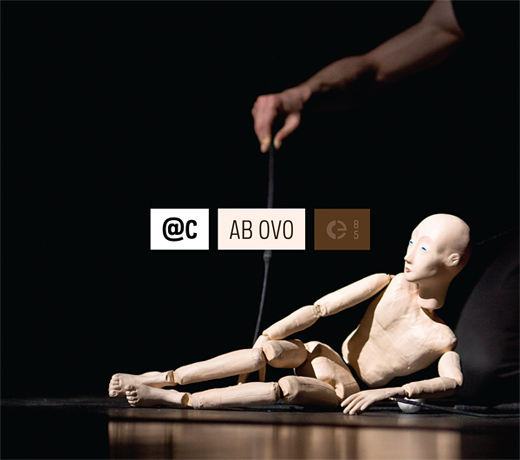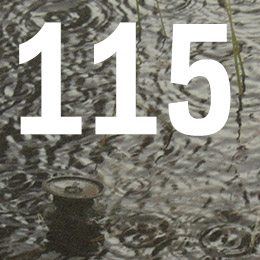
“…how can a work, if it is authentic, be described in words? This is the absurdity of all musical analysis.” Pierre Schaeffer, First Journal of Concrete Music, 1948-1949
All music and works of sound that avoid words, or linguistic patterns even, can suffer from reviews such as this. Their qualities, be it beauty, ugliness, the unknown or the familiar, are delivered in such a way that they avoid the clumsiness, or low granularity, of language to provide detailed experiences beyond talk, descriptions, pronouncements and worded judgements. They also provide a much-needed break from the otherwise constant chatter that fills most of our lives, from our waking thoughts, through social encounters and most broadcast media to, (often, but not always), our dreams.
However, erecting decent signposts to this most important and vital area of work, exemplified by sound artist Francisco López’ Å“uvre, makes modest contributions like this feel necessary. This, his 284th (!) untitled piece, released in 2012 from a commissioned performance the previous year, merely tells us that it is formed through an “extensive evolutionary transformation”, an “edited, mutated, composed, mixed and mastered” version of environmental recordings from Lisbon during the Spring of 1992.
This brief, supplementary data is complemented by a quote from Baudrillard pointing out that all media represents something that has disappeared, while a caveat asks that listeners disregard any distortion, should their speakers or headphones produce any, as this is intentional. In other words, transmogrified ghosts of Lisbon 1992 will fill your listening environment, please don’t worry.
But worry you might as stabs of a synthetic sonority chime portentously, becoming less regular, less stable, to open ‘Untitled #284’. A few minutes in and a deep, low-end sediment unfurls its subtle earthy groans to form an oppressive air suggesting a chasmic atmosphere as the tolling retreats into the deep darkness. Lópex leaves you in this roiling black hole for long enough to make the sudden glassy shrieks that ensue startle and chill, like sudden violence in the air above your head – warring bat clans, perhaps. The shrieks mutate into a knot of suspended, writhing tones. Their persistence somehow abates their violence as they drift back into the atmospheric, jump-cut rumbles offering different perspectives of distant demolitions in an otherwise desolate domain.
The noted distortion arrives on my speakers after about a third of the way in to this single piece, where the already subterranean bass tones dig even deeper, increasingly fussed and eventually overcome by light electronic abrasions, rasping and whipping hungrily. Indeed, as with much of López work, ‘Untitled #284′ suggests a complex, alien ecosystem or continuum in which various natural and unnatural forces compete and ultimately balance out. In this way it can be taken as a kind of radiophonic play or sonic poetry where deft use of an array of contrasts is key to the deep engagement afforded by the composition.
That said, trying to mine a more explicit narrative or decode a better defined context is not advised. The above words are merely there to hopefully stimulate an interest in making your own visits into López’ work, not as some kind of annotated guide to the sense behind the sounds. The dramatic sounds ARE the sense, and so any words attempting to describe them feel reductive, nonsensical even.
The opening chimes return for the final third of the piece, morphing in form from thick slabs to vapour, becoming less threatening and suggesting a sense of the beyond, a description of an ‘other’, that seems difficult to imagine working in any other artform: words, even when cut-up into phonemes, are limited by their immediate association with discourse; images, however abstracted or surreal, are viewed within the context of wherever they are exhibited – you can’t close your eyes to appreciate them. But ‘Untitled #284’, as with all López releases, feels best in the dark, imposing a focus on the detailed qualities of his pleasurably perplexing soundworks. Russell Cuzner
via Musique Machine



